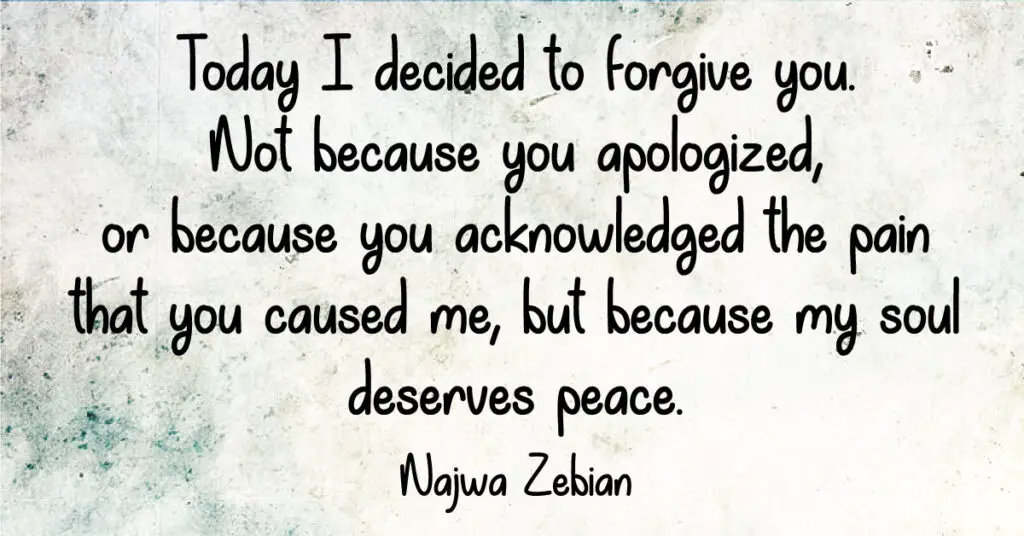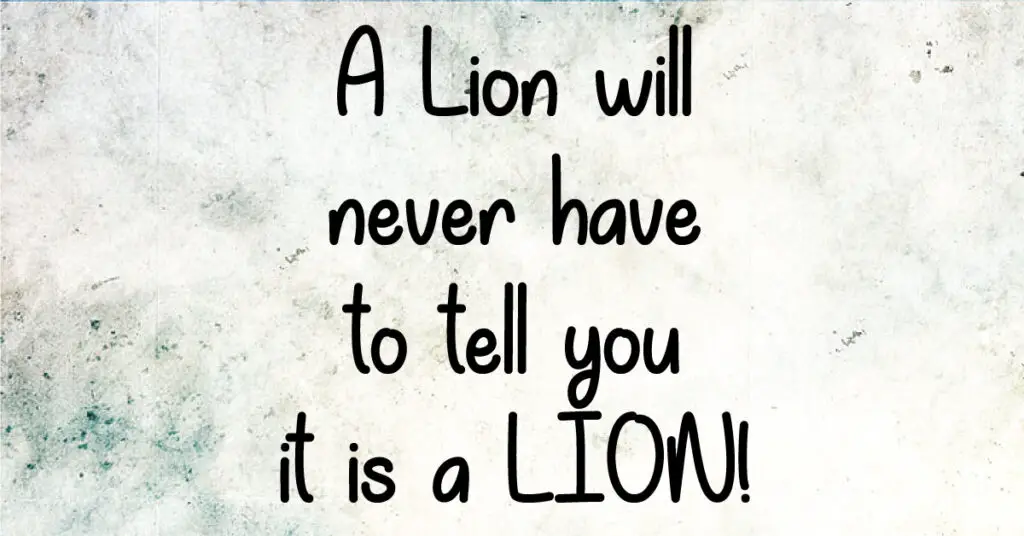We’ve all witnessed someone who seems to ricochet from one relationship to another, always declaring they’re head over heels in love. As a person who has spent a significant portion of my adult life single, I struggled to comprehend how they could claim to be “in love” with so many different people.
My assumption was that it couldn’t be love, it must be a fear of solitude. That sounds reasonable, doesn’t it? But love isn’t something you can quantify or measure – it’s simply a feeling you experience. So, are you truly in love, or just attached?
But what if your instincts are skewed? What if your fear of loneliness, or your desperation for any semblance of a connection, however fleeting, makes anyone who offers the slightest comfort feel like ‘the one’?
We’ve all had those relationships in retrospect; the ones that make us cringe and wonder, “How on earth did I ever say ‘I love you’ to them?” How could you have uttered those words to someone who wasn’t really your type, someone you wouldn’t want to be seen with now? The truth is, that wasn’t love, it was attachment.
While I’m no expert in love, I can’t definitively tell you whether your feelings for your current partner are genuine love or just a disguise for loneliness. However, I can offer some basic guidelines to help discern between love and attachment.
Here’s a list highlighting the key differences between love and attachment:
Freedom vs Control
Love, at its core, is an emotion that promotes personal growth and respects individual independence. It means you support your partner’s ambitions, celebrate their successes, and provide encouragement during their personal development journey. In love, you also respect your partner’s autonomy, understanding they are an independent individual with their own life outside the relationship. This balance of personal growth and autonomy is a key aspect of a healthy, loving relationship.
Attachment, particularly when it’s unhealthy, often shows up as control or possessiveness, driven by a fear of loss. In this state, a person may attempt to exert control over their partner’s actions, decisions, or social interactions in an effort to maintain the relationship. The person may become overly possessive, constantly needing reassurance and displaying jealousy. These behaviors are typically rooted in a deep-seated fear of losing the relationship or the person.
Selflessness vs Selfishness
Love is characterized by selflessness, where the focus shifts from one’s own needs to the happiness and well-being of the other person. In a loving relationship, individuals strive to make their partners happy, often putting their partner’s needs equal to or above their own. They genuinely care about their partner’s feelings, comfort, and overall well-being, and they take actions that reflect this care and concern.
Attachment is often more about personal security and satisfaction. It’s a state where one’s own needs, such as the need for security, comfort, or validation, take precedence. In an attachment-based relationship, individuals might rely heavily on their partners to fulfill these needs, making the relationship more about personal fulfillment and less about mutual growth and genuine care for the other person.
Permanence
Permanence refers to the state or quality of lasting or remaining unchanged indefinitely. It’s often used to describe something that is enduring, constant, or eternal, whether it’s a physical object that withstands the test of time, an idea that remains relevant across generations, or an emotion that doesn’t fade away. In essence, something that possesses permanence is not temporary or fleeting, but instead maintains its existence or condition for a long period, often forever.
Love is an enduring and stable emotion that stands the test of time. It remains resilient amidst life’s challenges and changes, maintaining its strength and depth over the years. In a loving relationship, individuals continue to care for each other, respect each other’s autonomy, and promote personal growth, regardless of circumstances. This consistent and steadfast nature of love makes it a lasting force in our lives.
Attachment, unlike love, can often be fleeting and conditional, heavily influenced by changing circumstances. It’s a bond that’s driven more by personal needs and insecurities than by genuine affection for the other person.
When these needs are met, the attachment feels strong; but when circumstances change and the relationship no longer serves these needs, the attachment can weaken or disappear altogether. This transient and conditional nature of attachment distinguishes it from the enduring and unconditional nature of love.
Happiness
Love as a powerful emotion brings genuine happiness, even when faced with challenges. It’s not just about the joy experienced in moments of success or pleasure, but also about the comfort and contentment that persists during difficult times. In a loving relationship, individuals find happiness in the presence of each other, in shared experiences, and in the mutual support they provide.
This happiness is not dependent on external circumstances but is rooted in the deep bond and affection between the individuals. Even when faced with challenges, this underlying happiness remains, making love a source of enduring joy.
Attachment, particularly when it’s based more on personal needs than on mutual affection, can lead to feelings of anxiety and restlessness, especially if the relationship is threatened. This is because individuals who are overly attached often fear losing the source of their security or satisfaction. They might constantly worry about their partner’s actions, intentions, or feelings, leading to a state of constant anxiety.
If there’s a threat to the relationship, such as a conflict or a potential breakup, this anxiety can increase, leading to restlessness and distress. This highlights the potential downsides of attachment that’s not balanced with genuine love and understanding.
Growth vs. Stagnation
Love always encourages personal development, as individuals learn to understand and care for another person, often leading to self-improvement and increased emotional intelligence. Simultaneously, it fosters the growth of the relationship itself, deepening the bond and mutual understanding between partners over time.
This shared journey of growth not only strengthens the relationship but also enhances each person’s capacity for empathy, kindness, and love, making them better individuals in the process. Love’s ability to inspire growth in such diverse ways is one of its most beautiful aspects.
Attachment, especially when it’s driven by fear of change or loss, can lead to stagnation. The focus in such cases tends to be on maintaining the status quo rather than fostering growth or exploring new possibilities. This can limit personal development as individuals may resist change or avoid taking risks that could potentially disrupt the relationship.
Similarly, the relationship itself might become stagnant, with partners settling into routines and patterns without seeking to deepen their connection or understanding of each other. This highlights how attachment, when not balanced with genuine love and willingness to grow, can hinder progress and lead to stagnation.
Trust vs. Insecurity
In its truest form, Love is built on a foundation of trust and understanding. Trust, means you have confidence in your partner’s honesty, integrity, and reliability. It’s about believing in their words and actions, and knowing that they will act in the best interests of the relationship.
Understanding, on the other hand, is about appreciating your partner’s feelings, thoughts, and experiences. It’s about listening to them, empathizing with their perspective, and accepting them for who they are. Together, trust and understanding create a strong and healthy love relationship, where both partners feel secure, valued, and accepted.
Attachment, particularly when it’s intense or unbalanced, often comes with insecurities and doubts. In such cases, individuals may constantly question their partner’s feelings, actions, or intentions, driven by a fear of loss or rejection. They might worry about their worthiness or whether they’re good enough for their partner.
These insecurities can lead to a cycle of doubt and anxiety, undermining the health and happiness of the relationship. It’s important to remember that while attachment is a natural part of relationships, it becomes problematic when it’s rooted in insecurity rather than in genuine love and trust.
Unconditional vs Conditional
True love is unconditional, meaning it exists without any expectations or demands. It’s about loving someone for who they are, without wanting to change them or needing them to meet certain criteria. In unconditional love, there’s a selfless concern for the other person’s happiness and well-being, even if it doesn’t directly benefit oneself.
This kind of love doesn’t keep score or demand reciprocation. Instead, it gives freely and generously, finding joy in the act of giving rather than in what is received in return. This is what makes unconditional love so powerful and enduring.
Attachment can often be conditional. Particularly when it is more about fulfilling personal needs than mutual affection. It can be based on what the other person can provide, whether it’s security, validation, companionship, or any other need.
In such cases, the attachment may wane if the other person can no longer meet these needs, or if someone else can meet them better. This highlights a key difference between attachment and love – while the former can be conditional and transactional, the latter is unconditional and selfless.
Harmony vs Conflict
Absolutely, love leads to harmony and mutual respect. When love is the foundation of a relationship, it fosters a deep sense of understanding and appreciation for each other’s individuality. This results in a harmonious relationship where differences are respected and conflicts are resolved with kindness and empathy.
Moreover, love encourages mutual respect. Each person values the other’s thoughts, feelings, and experiences, treating them with kindness and consideration. This respect is not just about being polite – it’s about acknowledging the other person’s worth, dignity, and uniqueness. It’s this harmony and mutual respect that makes love such a beautiful and enriching experience.
On the other hand, attachment can often result in conflict due to unmet expectations or fears. When individuals are overly attached, they may have high, sometimes unrealistic, expectations from their partners. If these expectations are not met, it can lead to disappointment and conflict.
Similarly, attachment can also bring about various fears such as fear of loss, rejection, or abandonment. These fears can trigger defensive behaviors and create misunderstandings or arguments. Hence, it’s important to balance attachment with independence and mutual respect to maintain a healthy relationship.
Final thought
Love and attachment, while both important aspects of a relationship, have distinct differences that are crucial to understand for maintaining healthy dynamics.
Love is often described as selfless. It involves focusing on the happiness of the other person and always thinking of ways to make them feel loved and appreciated. True love allows space and freedom in the relationship, it is deep, passionate and encourages growth. Love is also permanent, it’s a feeling that’s expected to last for a lifetime or at least a significant period of time
On the other hand, attachment can be selfish and dominated by possession. It’s about what the other person can provide. Attachment implies dependency and is often associated with controlling behaviors. It’s about missing the ego boost that the other person gives you rather than missing the person themselves.
Moreover, attachment can be temporary. It may exist for some time and then fade away. Attachment can sometimes lead to manipulation to ensure the person you’re attached to stays with you
It’s important to note that attachment isn’t necessarily negative. In fact, secure attachment is a healthy part of relationships and involves openly sharing feelings and seeking support. However, problems arise when attachment becomes unhealthy or overly dependent
So, while love and attachment can coexist in a relationship, they have different implications and outcomes. Understanding these differences can help individuals foster healthier and more fulfilling relationships.








